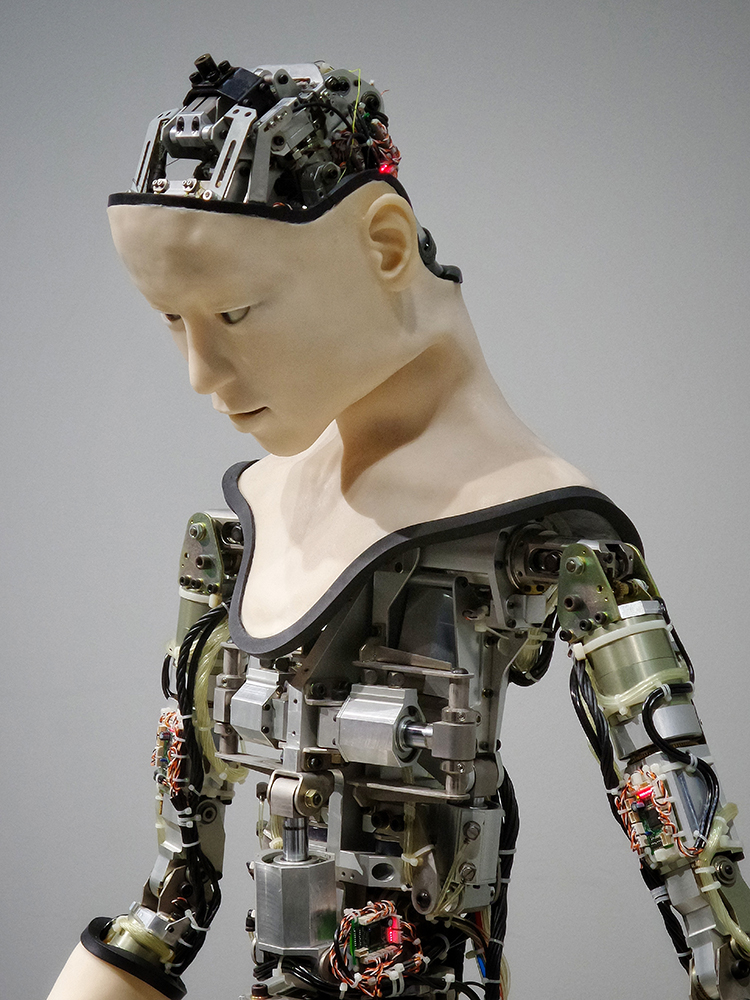Oral arguments will focus on whether the school intentionally discriminated against Asian-American applicants; outcome could shape how schools use race in admissions decisions
A federal appeals court will hear oral arguments Wednesday in a closely watched case about the role of race in undergraduate admissions at Harvard University, where the outcome could reshape how selective colleges choose who gets a coveted acceptance letter.
Students for Fair Admissions, a nonprofit group whose members include Asian-Americans who were denied admission to Harvard, is appealing a federal district courts 2019 ruling in favor of Harvard. After a widely watched trial, the court found that Harvard didnt intentionally discriminate in selecting from a sea of applicants. Both sides have said they expect the case to end up with the Supreme Court.
The plaintiff alleged that the school engaged in racial balancing, similar to quotas, and held Asian-American applicants to higher standards than it did applicants of other backgrounds. It also accused Harvard of not fully assessing race-neutral alternatives to diversifying its class and of using race as a determinative factor when assessing applicants.
The suit challenges what has become a bedrock principle in American higher education, that universities should be allowed to consider an applicants race in forming their undergraduate classes, because diverse campuses have educational benefits, the schools say, such as better preparing students for the global workforce.
The fall 2018 trial exposed the inner workings of Harvards admissions office, including the preference given to legacies, candidates connected to major donors and star athletes.

